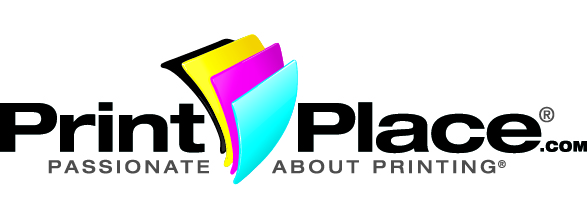How Branding Reflects More Than The Product
In response to http://www.graphicdefine.org/issue4/whatruselling
Brands are customer perceptions of your product or company. You can create a logo, a tag line and create a look and feel in your marketing materials that gives off your business’s personality (a business’s personality is another definition of a brand), but it’s the way your customers interpret your branding that really gives your brand meaning. Try as you might, your customers decide what your brand is, not you.
And why do we need brands, anyway?
The obvious answer is to differentiate one company from another. To let consumers know what we think of ourselves and how we would like them to think of us. These days consumers have so much info at their fingertips through the Internet that they need our brands to tell the companies apart.
A customer’s brand experience will help them decide whether to ever buy from that brand again. A brand can also help a customer feel more at ease with their purchases – a brand is partly based on reputation. A consistent brand, like McDonald’s, lets people know that no matter what state they’re in they can get a Big-Mac and French fries that will taste the same as the ones from a McDonald’s the next state over. People know they can get quick, tasty food at cheap prices from any McDonald’s.
Brands help people achieve their desired identity
People buy $200 jeans that are made of the same material as a $50 pair of jeans simply for the label, the brand. Why? It makes them feel good. People desire to be in a class or status that is higher than where they currently are and buying a brand name can give them a little piece of that desired identity. When someone walks around with a $200 pair of jeans on, other people will know what that person paid for the jeans and most will have a different opinion of him.
Why else would people spend so much money on brand-name items when they could have the exact same thing for generic items? It all has to do with consumer perception. People perceive brand names to have a higher quality than generics. You can read the ingredient list on the back of a bottle of generic ibuprofen and compare it to all the same ingredients in a bottle of Advil, but you’ll feel the urge to pay the extra 50 cents or dollar for the Advil.
Brands create associations. The Advil and the generic have the exact same ingredients, but you’ve seen Advil commercials. You’ve seen how those people’s aches and pains went away from using a trusted brand of medicine that’s been around a long time. Besides, you can afford it, right? You don’t want the cashier to think that you have to stoop to buying generic pain medication.
That’s what brands do – they identify a company, but they also identify their consumers. Brands help distinguish companies from one another, and to an extent, they help distinguish people from one another.

PrintPlace’s mission is to provide customers with unparalleled printing services through the knowledge and expertise of its employees.


1 thought on “How Branding Reflects More Than The Product”